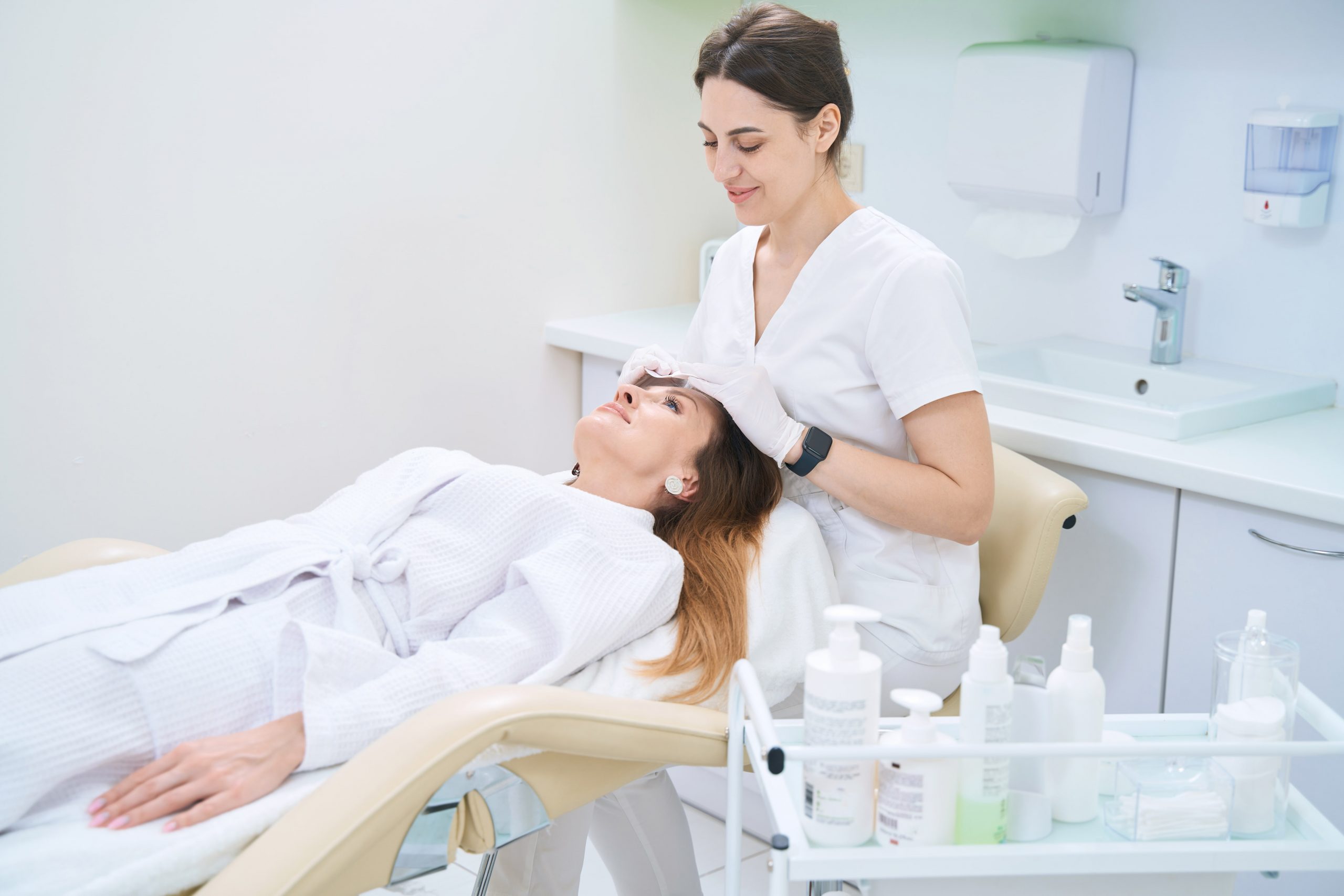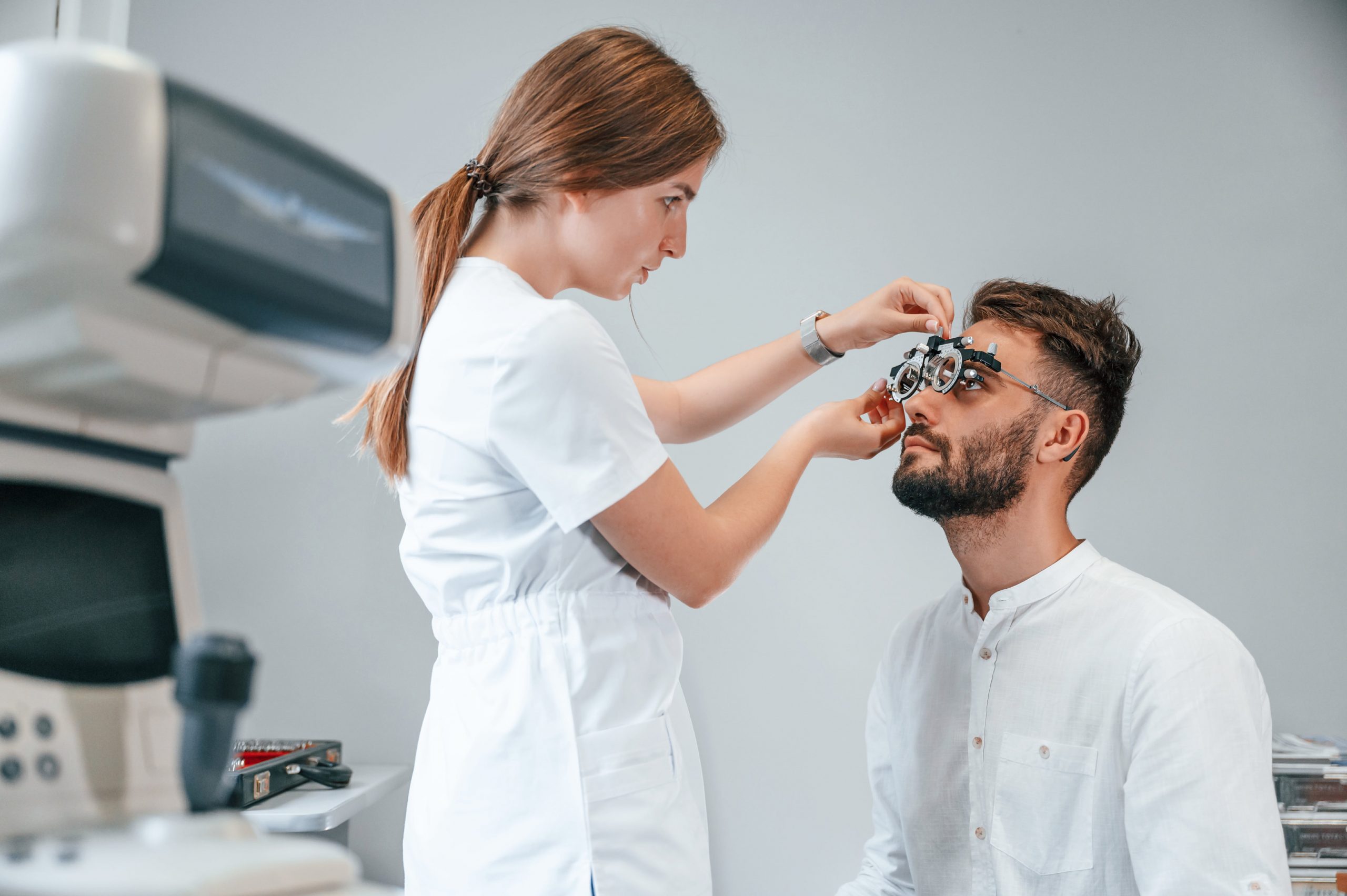There are many different skin treatments that dermatologists can offer their patients. The type of treatment that is right for a patient will depend on the specific condition that they are trying to treat. Here are some of the most common skin treatments that dermatologists offer:
Acne Treatment: Acne is a common skin condition that can be treated with a variety of different medications. Dermatologists can prescribe oral antibiotics, topical creams, and other medications to help clear up acne.
Eczema Treatment: Eczema is a condition that causes the skin to become dry, cracked, and inflamed. Dermatologists can prescribe topical creams and ointments to help relieve the symptoms of eczema.
Psoriasis Treatment: Psoriasis is a condition that causes the skin to produce too much cells. This can cause the skin to become thick, red, and scaly. Dermatologists can prescribe topical creams and ointments to help reduce the symptoms of psoriasis.
Skin Cancer Treatment: Skin cancer is the most common type of cancer. Dermatologists can perform a variety of different tests to diagnose skin cancer. They can also remove skin cancer with surgery, radiation therapy, or other treatments.
There are many other skin conditions that dermatologists can treat. If you have a skin condition that you are concerned about, make an appointment to see a dermatologist.
Common Dermatologist’s Treatment Service
If you have any concerns about your skin, it is important to consult with a dermatologist to get the best possible treatment. Here are some of the most common services that dermatologists offer:
Acne treatment: Acne is a very common skin condition that can be treated with a variety of methods. Dermatologists can prescribe medications, perform extractions, and provide other treatments to help clear the skin.
Skin cancer treatment: Skin cancer is the most common type of cancer in the United States. If caught early, it is highly treatable. Dermatologists can perform biopsies to diagnose skin cancer and provide various treatment options, including surgery, radiation therapy, and chemotherapy.
Psoriasis treatment: Psoriasis is a chronic skin condition that causes red, scaly patches on the skin. There is no cure for psoriasis, but it can be managed with medication and lifestyle changes. Dermatologists can prescribe medications and provide guidance on how to best care for the skin.
Eczema treatment: Eczema is a common skin condition that causes dry, itchy skin. There is no cure for eczema, but it can be managed with medication and lifestyle changes. Dermatologists can prescribe medications and provide guidance on how to best care for the skin.
Rosacea treatment: Rosacea is a common skin condition that causes redness and visible blood vessels on the face. There is no cure for rosacea, but it can be managed with medication and lifestyle changes. Dermatologists can prescribe medications and provide guidance on how to best care for the skin.
Common Dermatologist’s Prescription to Acne Problem
If you are struggling with acne, you are not alone. Acne is the most common skin condition in the United States, affecting up to 50 million Americans. While there are many over-the-counter treatments available, sometimes a trip to the dermatologist is necessary to get your acne under control.
There are many different types of acne, and the best treatment will vary depending on the type and severity of your acne. However, there are some common prescription treatments that your dermatologist may recommend.
One common prescription for acne is a topical retinoid. Retinoids are derivatives of vitamin A and work by helping to unclog pores and prevent new pimples from forming. They are available in both over-the-counter and prescription strength and can be very effective at treating acne.
Another common prescription for acne is an oral antibiotic. Antibiotics help to kill the bacteria that can cause acne and can be very effective at treating moderate to severe acne. However, they can also have some side effects, so be sure to talk to your dermatologist about any concerns you may have.
If you have severe acne, your dermatologist may also recommend isotretinoin (Accutane). Isotretinoin is a powerful medication that can help to clear up even the most severe acne. However, it can also have some serious side effects, so it is important to talk to your dermatologist about the risks and benefits before starting this medication.
No matter what type of acne you have, there is a treatment out there that can help. Be sure to talk to your dermatologist about your options so that you can find the best treatment for you.









